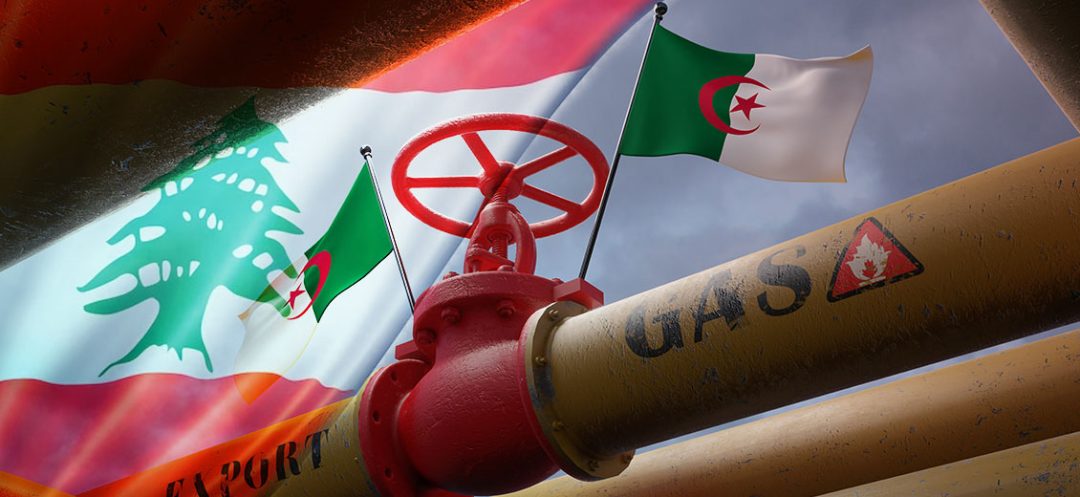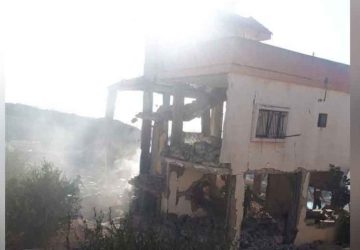Listen to the article
This is Beirut revisits the Sonatrach case, focusing on the global Algerian company that was a key supplier of natural gas to Lebanon until 2021. Following a scandal, Lebanon sought new sources, shifting its energy imports to Iraq.
Today, Monday, Lebanon is scheduled to receive a gasoil shipment from Algeria, a much-needed boost to address its chronic “electricity” crisis. This occasion provides an opportunity to reflect on the 2009 agreement between Sonatrach and Lebanon’s electricity company, Électricité du Liban (EDL).
Founded in 1963, Sonatrach is Algeria’s hydrocarbons company, ranking among the largest in Africa and globally. It manages every phase of the petroleum and natural gas sector in Algeria, encompassing exploration, production, transportation, transformation and marketing.
In 2009, Sonatrach and EDL concluded a contract under which the Algerian company provided gasoil to fuel Lebanese power plants, addressing Lebanon’s recurring electricity shortages. The agreement outlined gas quantities, as well as gasoil technical specifications and quality standards. Pricing was tied to global oil price fluctuations, with periodic adjustments reflecting market conditions. Deliveries were conducted via maritime transport in the form of liquefied natural gas (LNG). Delivery frequency and volume were adapted to meet EDL’s needs and supply conditions.
Termination of contract in 2021
In 2021, Sonatrach informed EDL that it would not be renewing their fuel import contract. This decision was primarily driven by Lebanon’s severe economic and financial crisis, which led to major delays in payments and difficulties in meeting financial commitments. Additionally, Lebanon’s political instability further strained relations with Sonatrach.
The contract’s termination also followed the 2019 “defective fuel” scandal, in which Lebanon received fuel that did not meet the required standards, despite certificates of conformity from the point of origin. This was compounded by allegations of corruption, including bribery related to obtaining construction and service contracts in Lebanon. The scandal drew significant attention due to its potential impact on international relations and regional affairs.
Subsequently, Lebanese judicial authorities launched a legal case in April 2020, with charges filed against 22 individuals. However, the case was eventually dropped. After Sonatrach ceased its operations, Lebanon turned to Iraq for its fuel needs. On July 23, 2021, both countries signed an agreement, effective from September 2021, under which Iraq committed to supplying fuel to Lebanese power plants at favorable terms, with a monthly delivery of 100,000 tons. The annual agreement was renewed first in August 2022 and then again in May 2023, with Iraq increasing its supply to 1.5 million tons per year. Nevertheless, due to its high sulfur content, Iraqi fuel cannot be directly used in Lebanese power plants. Therefore, Lebanon purchases a suitable type of fuel from other suppliers through a tender process, and these suppliers, in turn, receive the Iraqi fuel.





